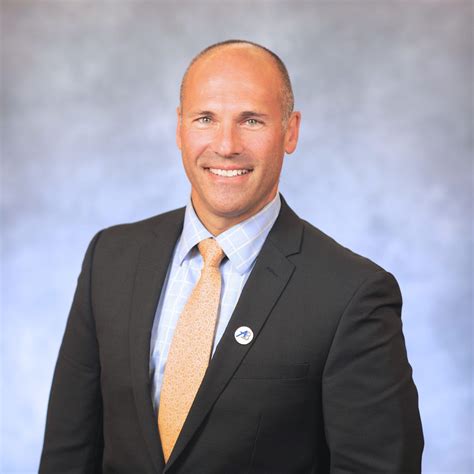A Quote by Charlie Munger
Harvard and Yale concentrated with venture capitalists that got the best calls and brainpower. Very few firms made most of the money, and they made it in just a few periods. Everyone else returned between mediocre and lousy. When returns happened, envy rippled through institutional money management. The amount invested in venture capital went up 10 times post-1999. That later money was lost very quickly. It will happen again. I don't know anyone who successfully resists this stuff. It becomes a new orthodoxy.
Quote Topics
Again
Amount
Anyone
Becomes
Best
Between
Calls
Capital
Concentrated
Else
Envy
Everyone
Everyone Else
Few
Got
Happen
Happened
Harvard
Institutional
Invested
Just
Know
Later
Lost
Lousy
Made
Made It
Management
Mediocre
Money
Money Management
Most
New
Orthodoxy
Periods
Post
Quickly
Returned
Returns
Stuff
Successfully
Through
Times
Up
Venture
Venture Capital
Venture Capitalists
Very
Will
Yale
Related Quotes
How many of the unicorn companies are really prosaic businesses - like limousine services or renting rooms in your house? The original VC firms from the '70's made their money and established the reputation of their respective brands by leveraging big cleverness with small capital, not small cleverness with big capital, and that's what's going on with these unicorns. That has never worked and it won't work this time. It doesn't produce venture quality returns, and it never will.
That first company I started made a lot of money for the venture capitalists - nearly $30 million - but next to nothing for the founders. The companies I started after that varied between failures and mediocre successes. But at no point did I ever consider getting a 'real job.' That felt like a black and white world, and I wanted Technicolor.
To walk in money through the night crowd, protected by money, lulled by money, dulled by money, the crowd itself a money, the breath money, no least single object anywhere that is not money. Money, money everywhere and still not enough! And then no money, or a little money, or less money, or more money but money always money. and if you have money, or you don't have money, it is the money that counts, and money makes money, but what makes money make money?
A hundred years ago, Auguste Compte, ... a great philosopher, said that humans will never be able to visit the stars, that we will never know what stars are made out of, that that's the one thing that science will never ever understand, because they're so far away. And then, just a few years later, scientists took starlight, ran it through a prism, looked at the rainbow coming from the starlight, and said: "Hydrogen!" Just a few years after this very rational, very reasonable, very scientific prediction was made, that we'll never know what stars are made of.
I believe the very best money is made at the market turns. Everyone says you get killed trying to pick tops and bottoms and you make all your money by playing the trend in the middle. Well for twelve years I have been missing the meat in the middle but I have made a lot of money at tops and bottoms.



































